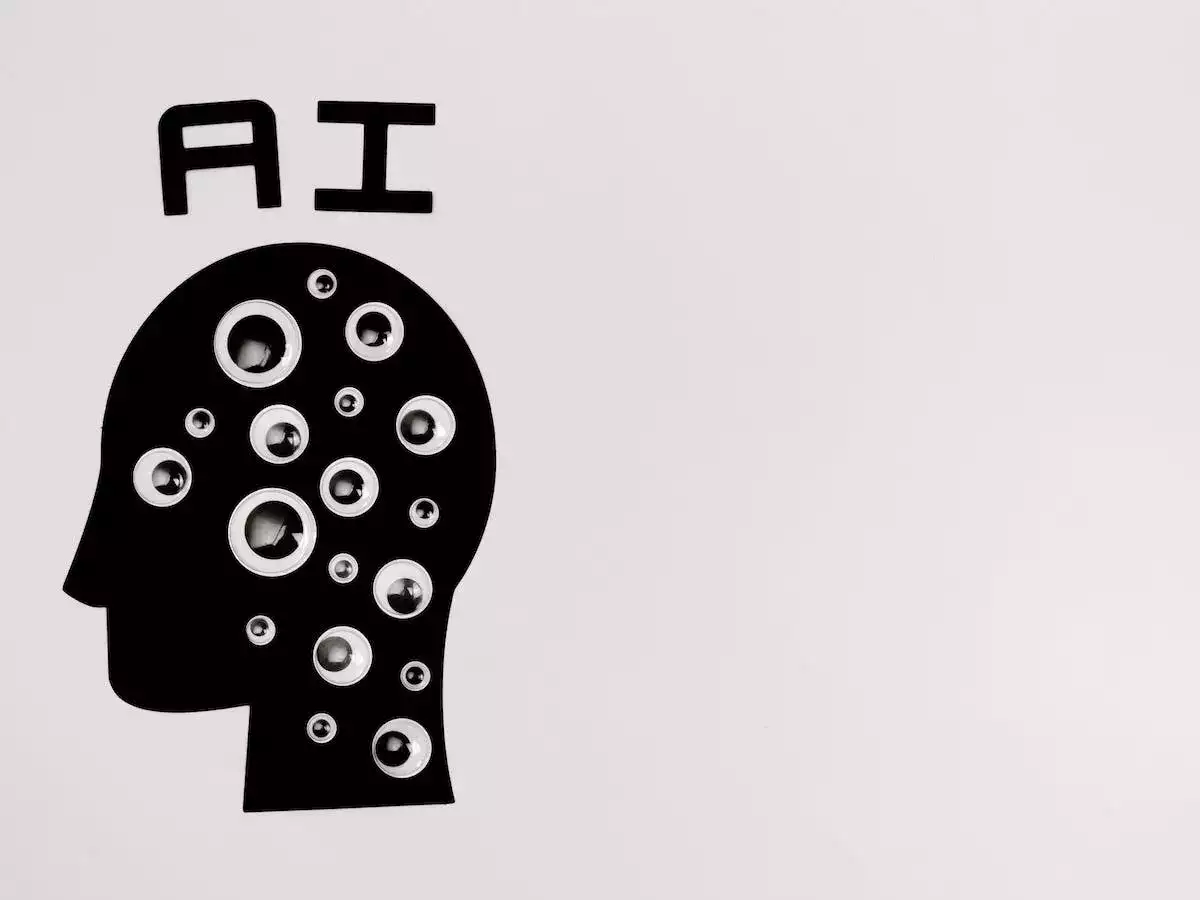Generative AI to Emerge More in White-Collar Jobs Than Blue-Collar Roles
Generative AI is set to have a more substantial impact on white-collar positions compared to blue-collar ones in the upcoming decade, as per research conducted educational publishing and services firm, Pearson. The study reveals that generative AI can efficiently replicate numerous routine responsibilities in white-collar jobs, such as scheduling appointments and managing calls. It is estimated that more than 30% of the tasks typically carried out in a standard work week for certain white-collar roles could potentially be automated using generative AI.
Professions heavily focused on mathematics, such as engineering, are expected to face the greatest impact from generative AI. However, these roles involve tasks that the technology currently struggles with, making them relatively more resistant to immediate automation.
On the other hand, blue-collar jobs, particularly those involving creative, hands-on, and team-based tasks, are less susceptible to change due to advancements in AI. These roles encompass physical labor or direct interaction with customers, which are not easily replicated generative AI.
Some of the most affected white-collar jobs include word processors, stall and market salespersons, administrative secretaries, and accountants, while roles like sales and marketing managers, working proprietors and directors in various industries, and lawyers would be the least affected. White-collar employees are advised to focus on upskilling and enhancing soft skills such as creativity, communication, and leadership, which are not readily replicable generative AI.
Munira Loliwala, AVP of strategy and growth at TeamLease Digital, emphasizes the importance of focusing on competencies such as technical and functional skills, leadership skills, and organizational alignment to reduce the likelihood of being replaced AI. By developing and refining these competencies, job seekers can position themselves as less vulnerable to the impact of generative AI on the job market.

